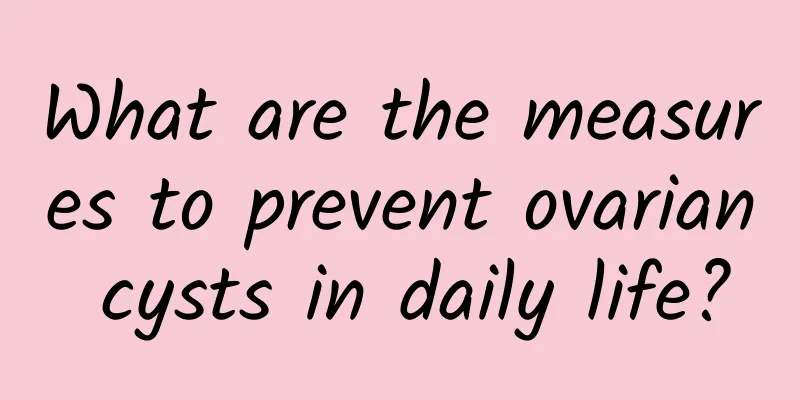What is bilateral polycystic ovary?

|
Polycystic ovary syndrome (PCOS) is the main cause of polycystic ovaries, an endocrine disorder that often causes irregular menstruation and fertility problems. Its causes usually involve genetic factors, environmental influences, endocrine disorders and other aspects. Treatment methods include drug regulation, lifestyle changes and medical intervention. 1. Genetic factors: Studies have shown that PCOS may be hereditary. If there is a female relative with PCOS in the family, the risk of the disease in the offspring will increase. Since the genetic mechanism is not yet fully understood, it is recommended that people with a family history reduce the risk through regular physical examinations and a healthy lifestyle. 2. Environmental factors: Lifestyle and eating habits have an important impact on the occurrence of PCOS. An unhealthy diet, such as a high-sugar, high-fat diet, can easily lead to weight gain, which in turn increases the risk of disease. Improving eating habits and maintaining a healthy weight can effectively manage PCOS. It is recommended to consume more fiber-rich foods, such as vegetables, fruits, and whole grains. 3. Endocrine factors: PCOS patients often have elevated androgen levels, which may affect ovarian function and cause abnormal endometrial hyperplasia. Drug treatment is one of the effective ways to regulate endocrine, usually including oral contraceptives, anti-androgen drugs such as spironolactone and metformin to improve symptoms and balance hormone levels. 4. Trauma and pathology: Although the exact cause of PCOS is still unclear, some studies have pointed out that insulin resistance is closely related to it. Such patients are often overweight or obese, and medical means such as metabolic surgery and medication to correct insulin levels are used to improve the condition. Polycystic ovaries are mainly associated with PCOS, which has various and interrelated causes. In order to effectively manage PCOS, patients are advised to combine the above strategies, including improving lifestyle, receiving appropriate medical interventions and regular check-ups, so as to better understand the dynamics of the disease. For patients with severe symptoms or those who have fertility plans, timely seeking professional medical advice will help achieve better treatment results and quality of life. |
<<: What medicine should I take for cervicitis, adnexitis, and endometritis?
>>: What are the symptoms of pelvic effusion and what causes it?
Recommend
Which hospital is good for treating vaginitis?
Since many women do not pay attention to their ow...
How to diagnose bacterial vaginosis
How to diagnose candidal vaginitis? This is also ...
Hyperprolactinemia: Dietary precautions after surgery
You need to pay attention to your diet after surg...
How to maintain your ovaries
The number of follicles in a woman's ovaries ...
What causes ovarian cysts?
What are the causes of ovarian cysts? People who ...
Should you stay away from red meat to lose weight? 5 weight loss myths debunked
Should I stay away from red meat completely to lo...
Do you know the cause of uterine fibroids?
Uterine fibroids are a very harmful gynecological...
How are chocolate cysts transmitted?
What are the transmission routes of chocolate cys...
Will mild cervical erosion heal on its own?
Will mild cervical erosion heal on its own? Cervi...
What to do if the vaginal flora is imbalanced
What to do if vaginitis causes dysbacteriosis? Va...
Do virgins have leucorrhea? It doesn't matter much
Virgins also have leucorrhea, and leucorrhea has ...
Women must take these 4 measures to prevent habitual miscarriage
For women, if they want to effectively prevent ha...
Drink to prevent blood pressure spikes! Drinking 1 cup of strawberry juice a week can prevent high blood pressure
Winter is the season when strawberries are in sea...
What medicine should women use for cervical erosion? Three points to note when taking medicine for cervical erosion
We know that cervical erosion is a common gynecol...
Is uterine fibroid 2.7*1.8cm serious?
Uterine fibroids are 2.7*1.8cm. If there are no o...









